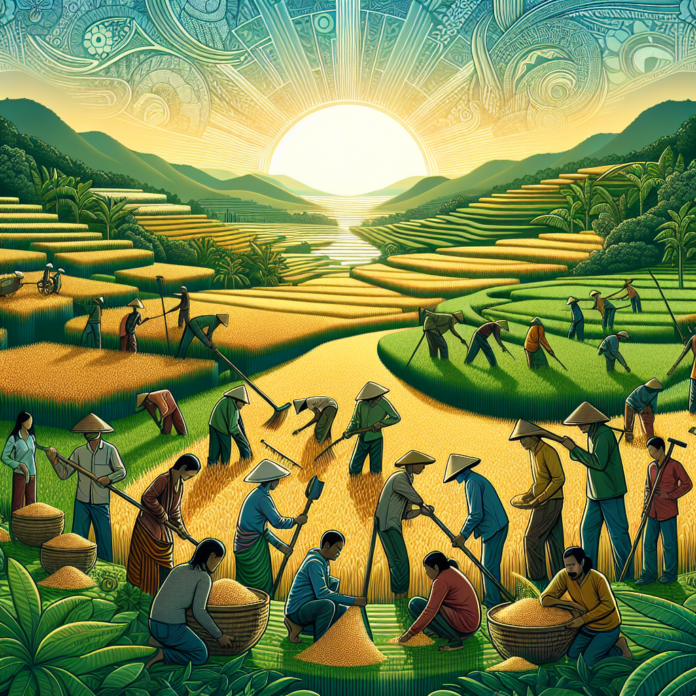Migrant Agricultural Workers as Key Players in Southeast Asia’s Food Resilience
“`html
Migrant Agricultural Workers: A Key Asset for Southeast Asia’s Food Resilience
The agricultural sector in Southeast Asia plays a crucial role in the region’s economy, contributing significantly to food security and rural livelihoods. Among the various stakeholders in this sector, migrant agricultural workers have emerged as an essential resource, capable of enhancing food resilience in the face of ongoing challenges such as climate change, labor shortages, and shifting consumer demands.
The Role of Migrant Workers in Agriculture
Migrant agricultural workers often fill labor gaps in the farming industry, especially during peak seasons. They bring valuable skills and experience, which can lead to increased productivity and efficiency on farms. In many Southeast Asian countries, these workers are integral to the cultivation of staple crops, fruits, and vegetables, ensuring a steady supply of food for local communities and markets.
Challenges Faced by Migrant Workers
Despite their vital contributions, migrant agricultural workers face numerous challenges. Many encounter difficult working conditions, low wages, and limited access to essential services such as healthcare and education. Additionally, legal and social barriers can hinder their ability to integrate into local communities, further exacerbating their vulnerabilities.
Policy Recommendations for Enhancing Food Resilience
To harness the potential of migrant agricultural workers effectively, targeted policies must be implemented. This includes:
- Improving Labor Rights: Ensuring fair wages and safe working conditions for migrant workers is essential. Governments should enforce labor laws and provide support systems to protect these workers’ rights.
- Access to Services: Initiatives should be developed to provide migrant workers with access to healthcare, education, and training programs, enabling them to improve their skills and quality of life.
- Community Integration: Programs that promote social cohesion and cultural exchange can help integrate migrant workers into local communities, fostering mutual understanding and respect.
- Investment in Sustainable Agriculture: Encouraging sustainable farming practices can enhance productivity and resilience against climate change, benefiting both local farmers and migrant workers.
The Future of Food Security in Southeast Asia
As Southeast Asia continues to grapple with the impacts of climate change and population growth, the importance of a resilient food system cannot be overstated. By recognizing and empowering migrant agricultural workers, the region can not only enhance its food security but also create a more inclusive and equitable agricultural sector. Collaboration between governments, NGOs, and the private sector will be vital in developing strategies that support both migrant workers and local communities, ultimately paving the way for a sustainable and food-resilient future.
“`


